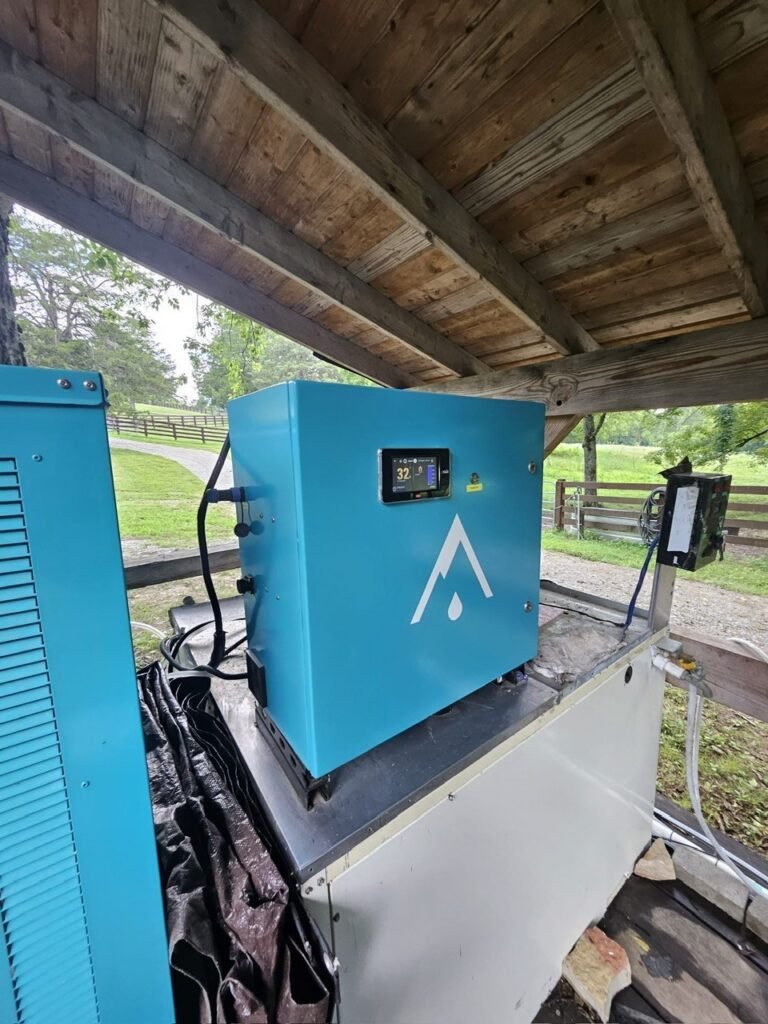Labor Day: A Reflection on Its True Origins
Labor Day isn’t just about barbecues and sales; it has roots in strikes and bloodshed. This holiday emerged from the labor struggles in the late 19th century, where workers fought for shorter hours, fair pay, and safe working conditions—essentially, a fight against being treated as expendable. The 1894 Pullman strike escalated to the point where federal troops opened fire on the strikers, shocking the nation. In response, lawmakers hastily established Labor Day, viewing it not as a gift, but as a concession to a movement that could no longer be ignored.
Samuel Gompers, a key figure in labor history, once noted, “When unions are most firmly organized, the rights of the most respected people are rights.” Labor Day, in essence, symbolizes solidarity rather than leisure. It serves as a reminder that a nation’s prosperity rests on the shoulders of its workers, not just a select few.
Alabama’s labor history is intertwined with this broader struggle. The Steel Empire in Birmingham owes its existence to miners and factory workers who lived in company-owned towns, paid with company scrip, and endured harsh conditions meant to wear them down. The miners’ uprising in 1894 was met with violence. When the mines were depleted, Alabama resorted to prisoner leasing systems, exploiting Black prisoners for labor in mines and furnaces.
The Southern states were plagued by a fear of unity between Black and white workers. Every time groups attempted to organize, they faced threats, firings, blacklisting, and laws aimed at maintaining an “open shop” environment. Dr. Martin Luther King Jr. grasped this clearly. He warned that slogans like “right to work” served to strip away civil and labor rights. Alabama’s legislation often reflected this troubling reality.
Yet the fight continues. Recently, Alabama workers have once again made headlines in labor history. At Amazon’s warehouse in Bessemer, employees campaigned for union representation, igniting national discussions about corporate influence and worker dignity. Meanwhile, at Warrior Met Coal, miners participated in one of the longest strikes in recent history, seeking fair wages after the company faced significant financial strain.
The historical parallels are striking. From coal miners in 1894 to warehouse employees in 2021, the underlying spirit that gave rise to Workers’ Day—the belief that laborers deserve justice and respect—remains vibrant and contested.
Alabama’s narrative is also part of a larger labor landscape. In 1968, Dr. King went to Memphis to support sanitation workers fighting for better wages and working conditions, asserting their dignity as “I am a man.” Their struggle intensified after two Black workers were tragically killed by a malfunctioning garbage truck, highlighting the city’s refusal to recognize their unions and humanity.
“The issue is Memphis’ unwillingness to treat civil servants fairly, who just happen to be sanitation workers,” King told strikers. On the eve of his assassination, he delivered a powerful speech about envisioning a promised land for all. The very next day, he was killed. The cost of standing up for workers often has been paid in blood, a tragic reality that reverberates from Alabama’s coalfields to Memphis.
Sure, Alabama has seen industrial growth. Major auto manufacturers and aerospace companies have set up shop, and politicians relish in the ribbon-cutting ceremonies. Yet behind those shiny facilities lies a sobering truth. This brings to mind Faulkner’s quote about the South: “The past never dies, it isn’t even past.” Elements like the prisoner leasing system, destructive miners’ strikes, and anti-labor laws aren’t relics; they are part of a living legacy that continues to shape the labor landscape in Alabama today.
Historian C. Van Woodward remarked, “The South is the richest section of the country in promises, and the poorest in fulfillment.” On Labor Day, this is especially evident in the stark contrast between Alabama’s economic achievements and the realities faced by its working population.
Labor Day wasn’t meant to be a celebration of compliance; it honors the men and women who keep factories, farms, schools, and communities running, not just politicians or CEOs. Real progress, dignity, and prosperity emerge from the grit and resolve of everyday workers.
For Alabama to forge a stronger future, it’s essential to reclaim the true essence of Labor Day.







